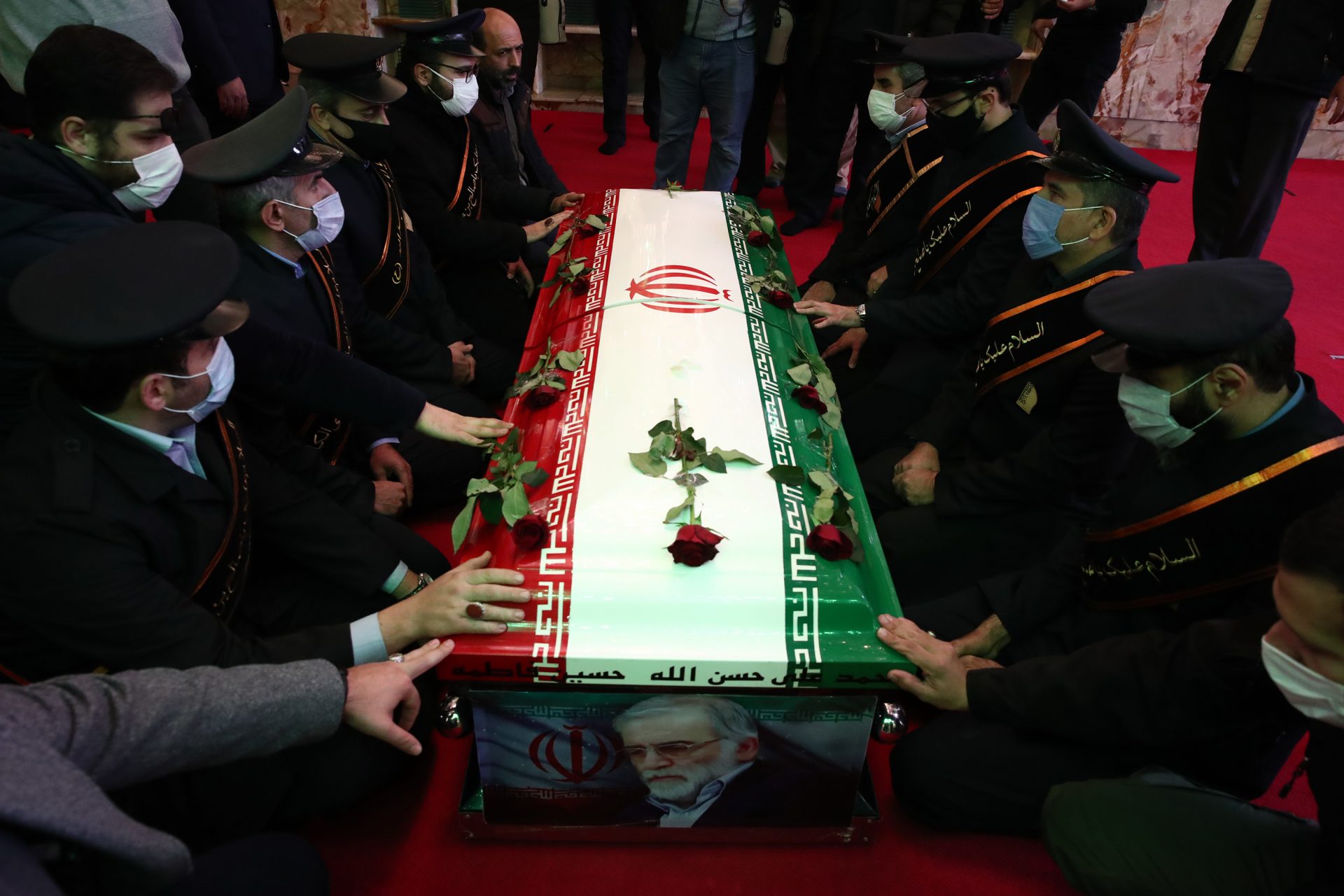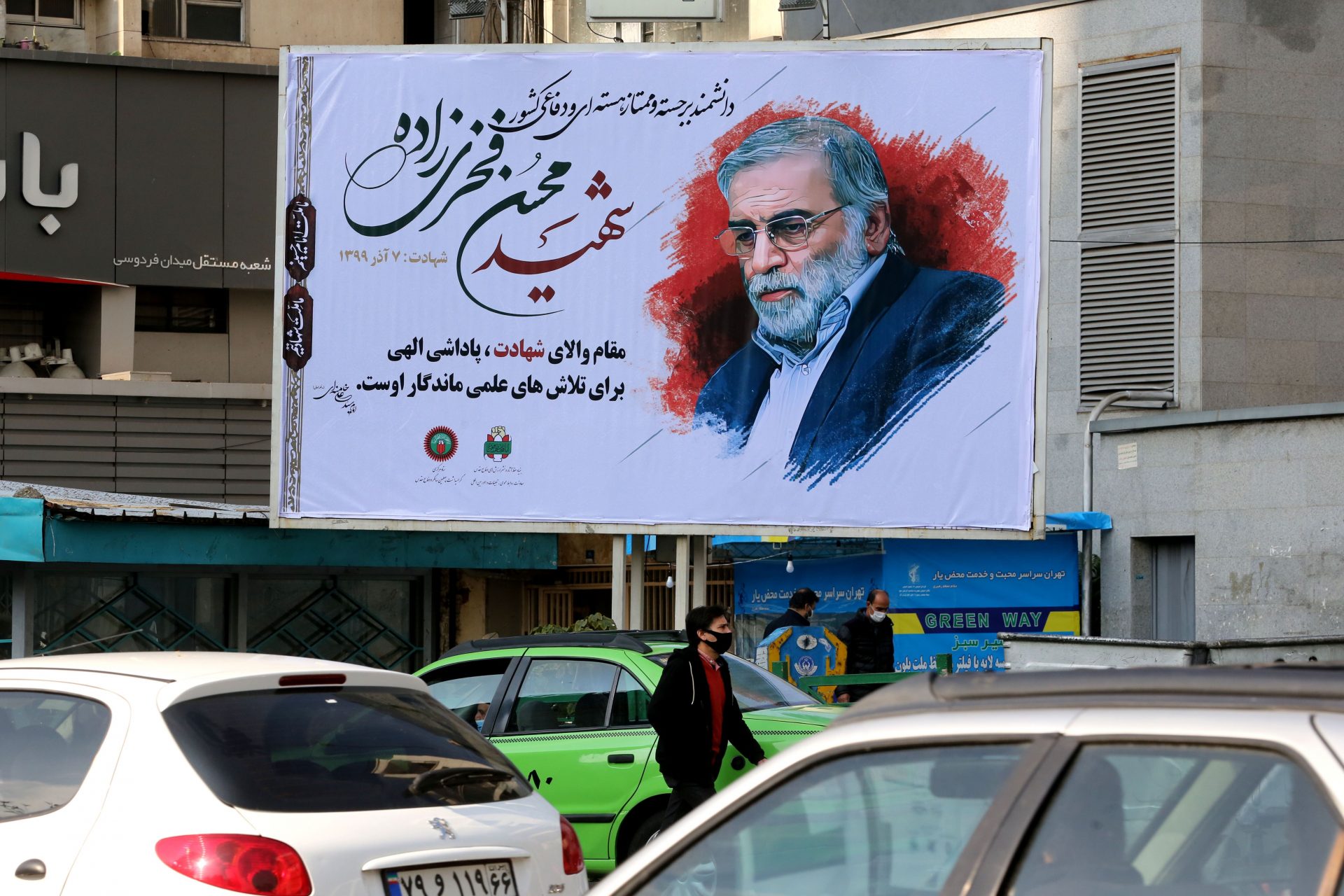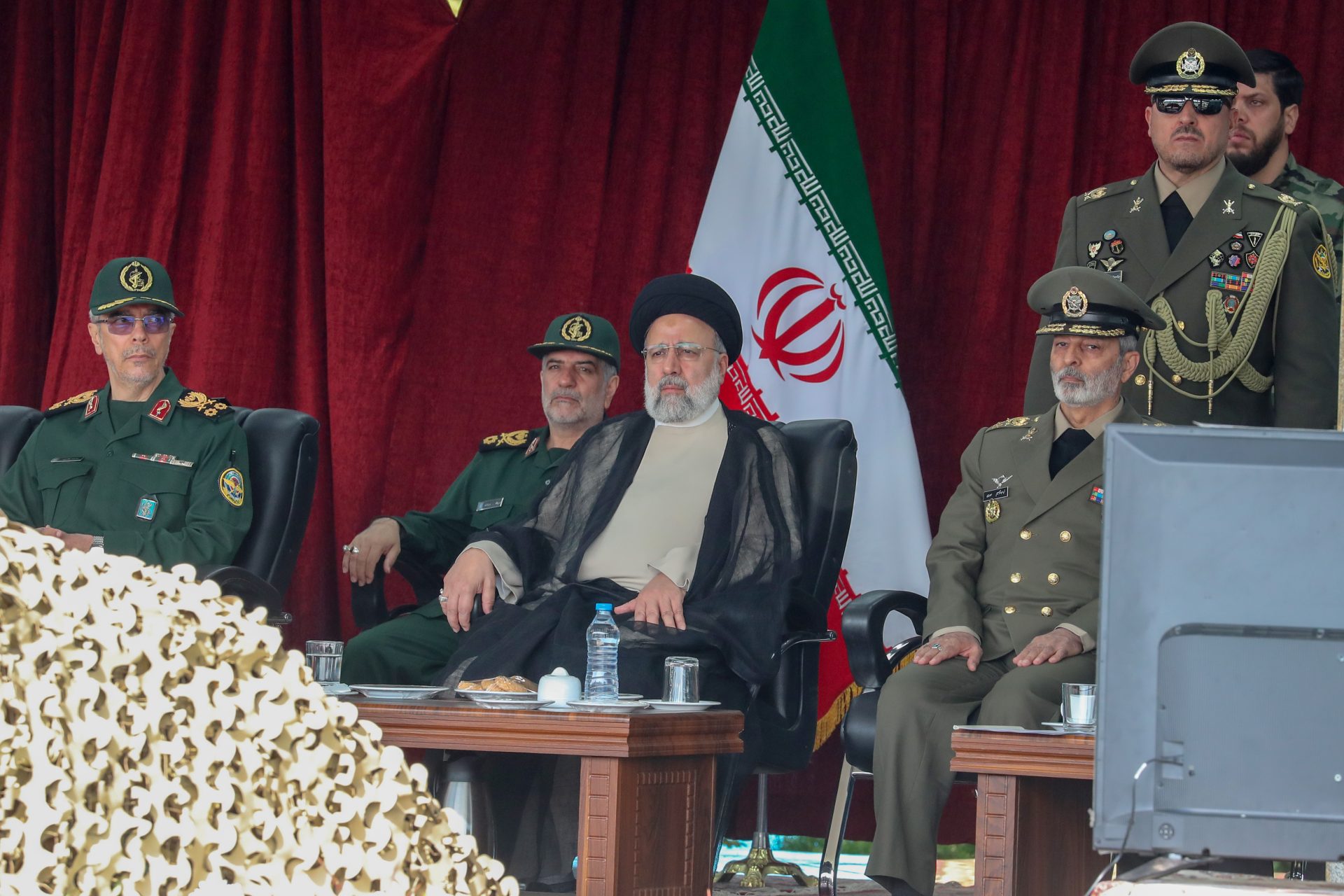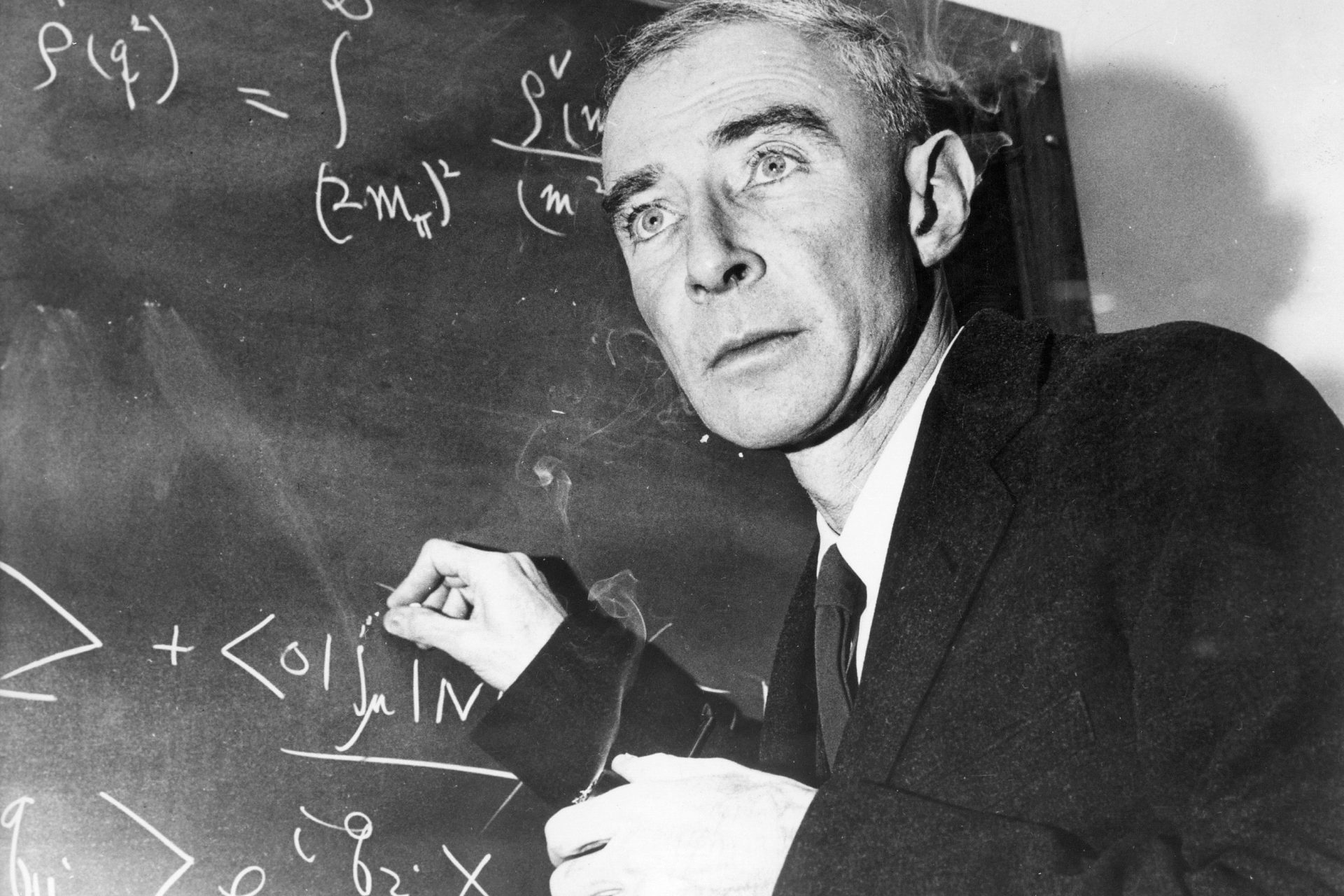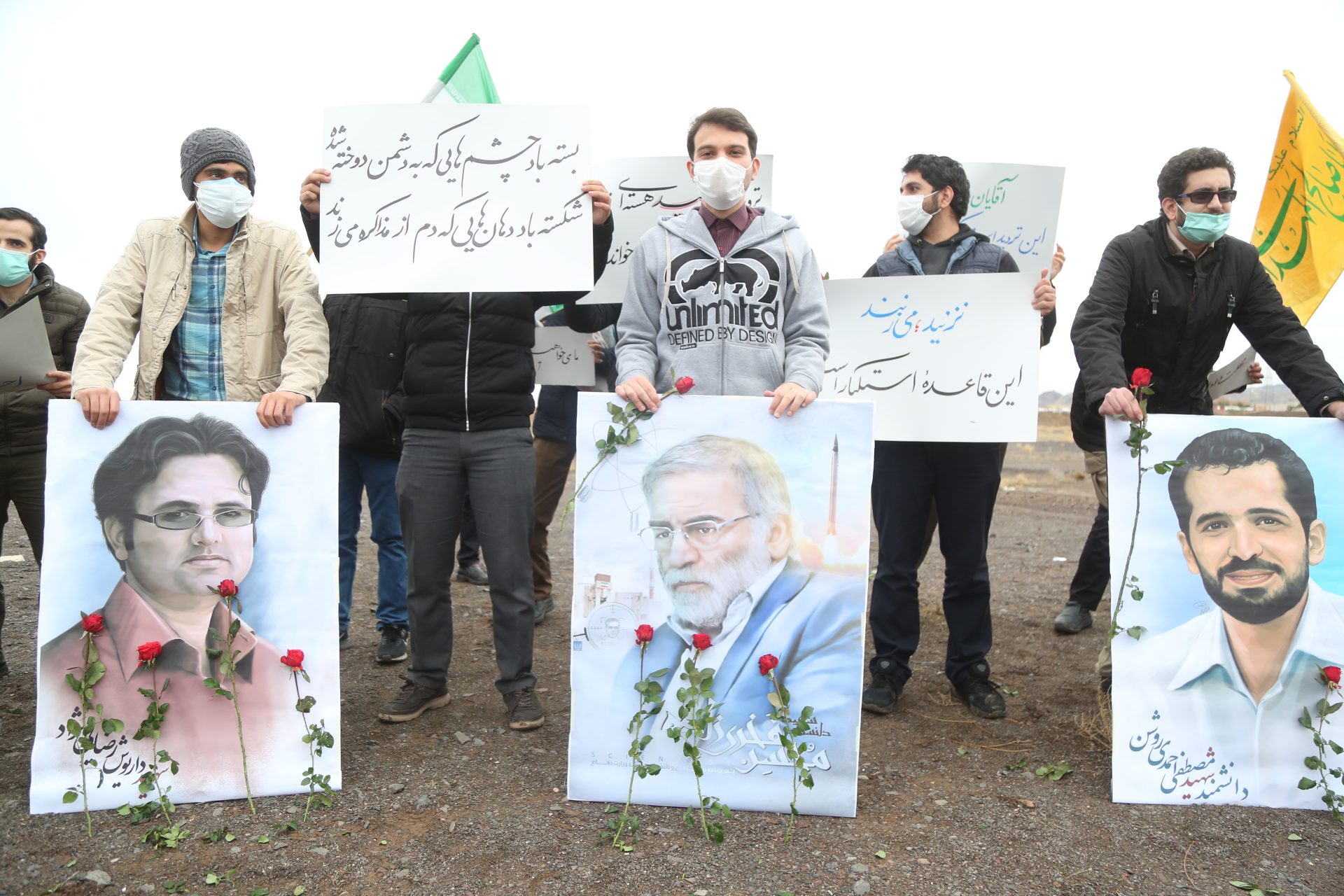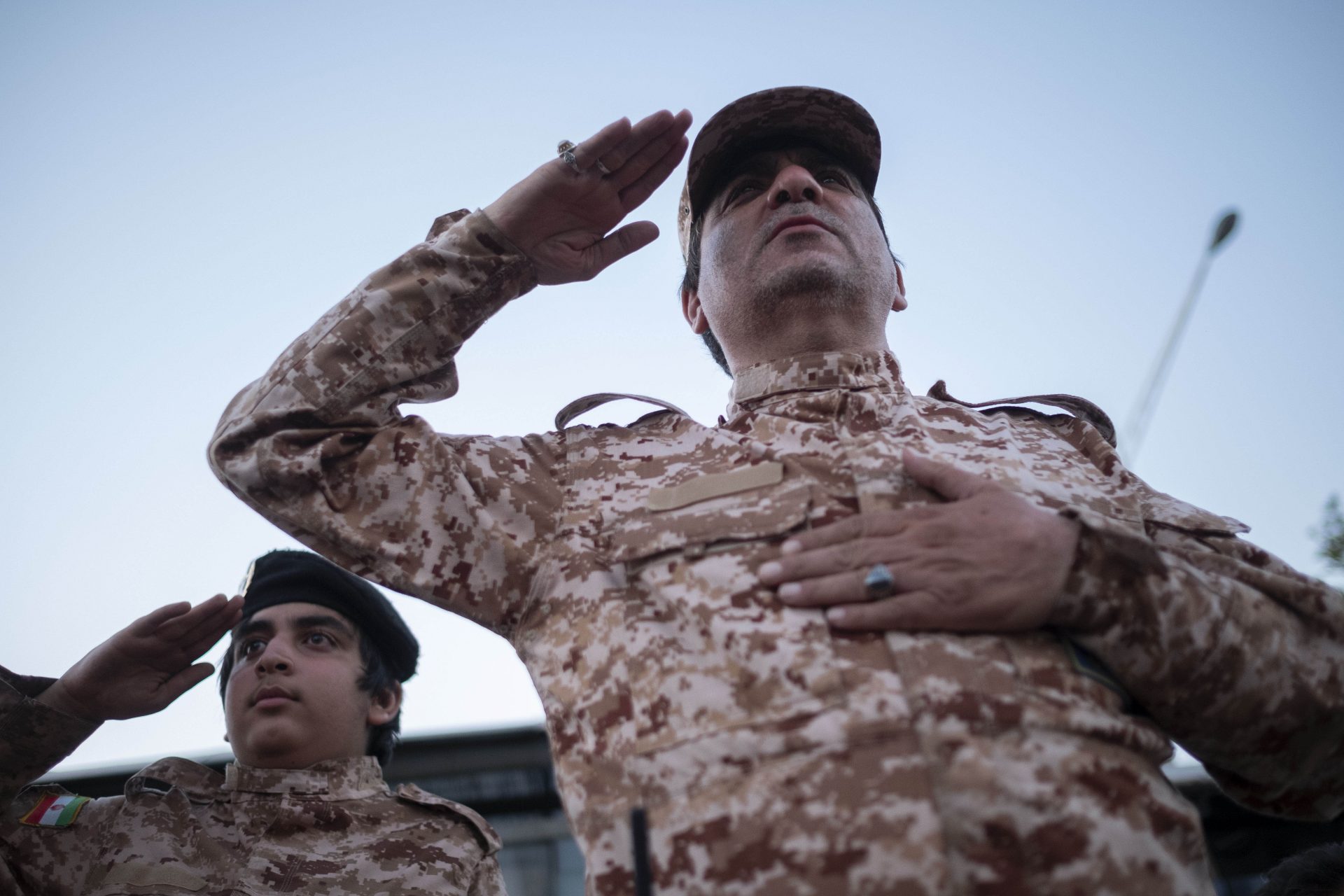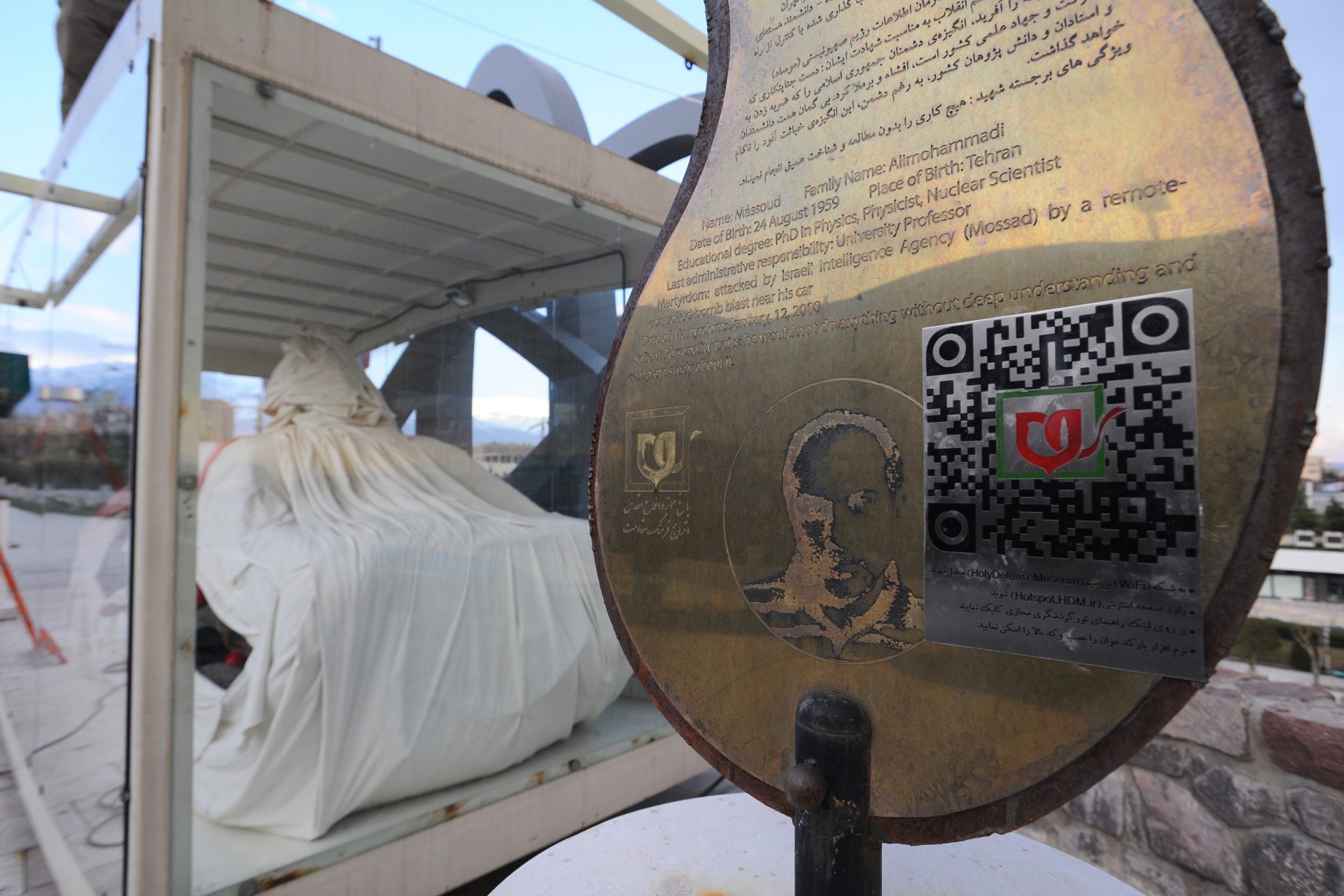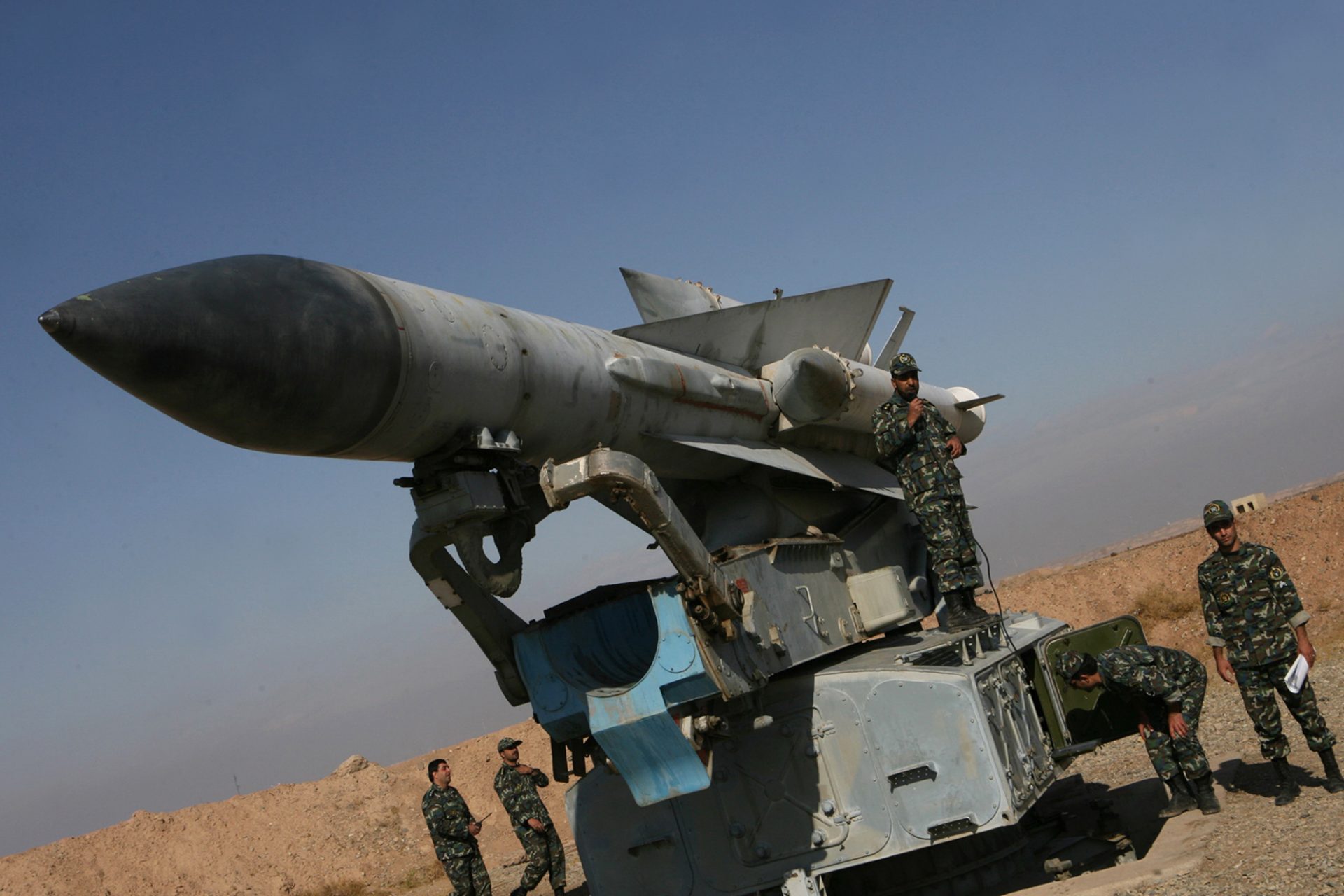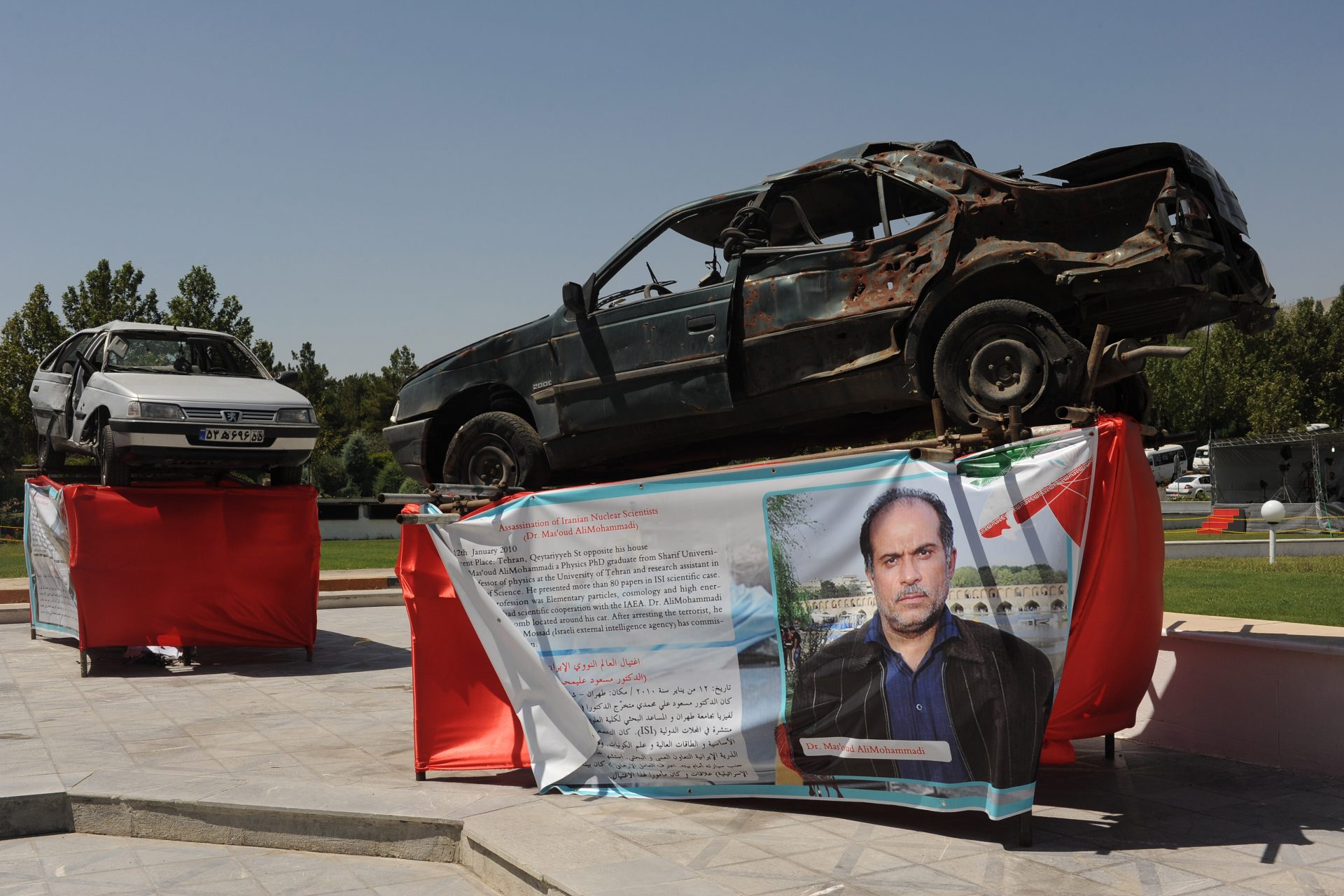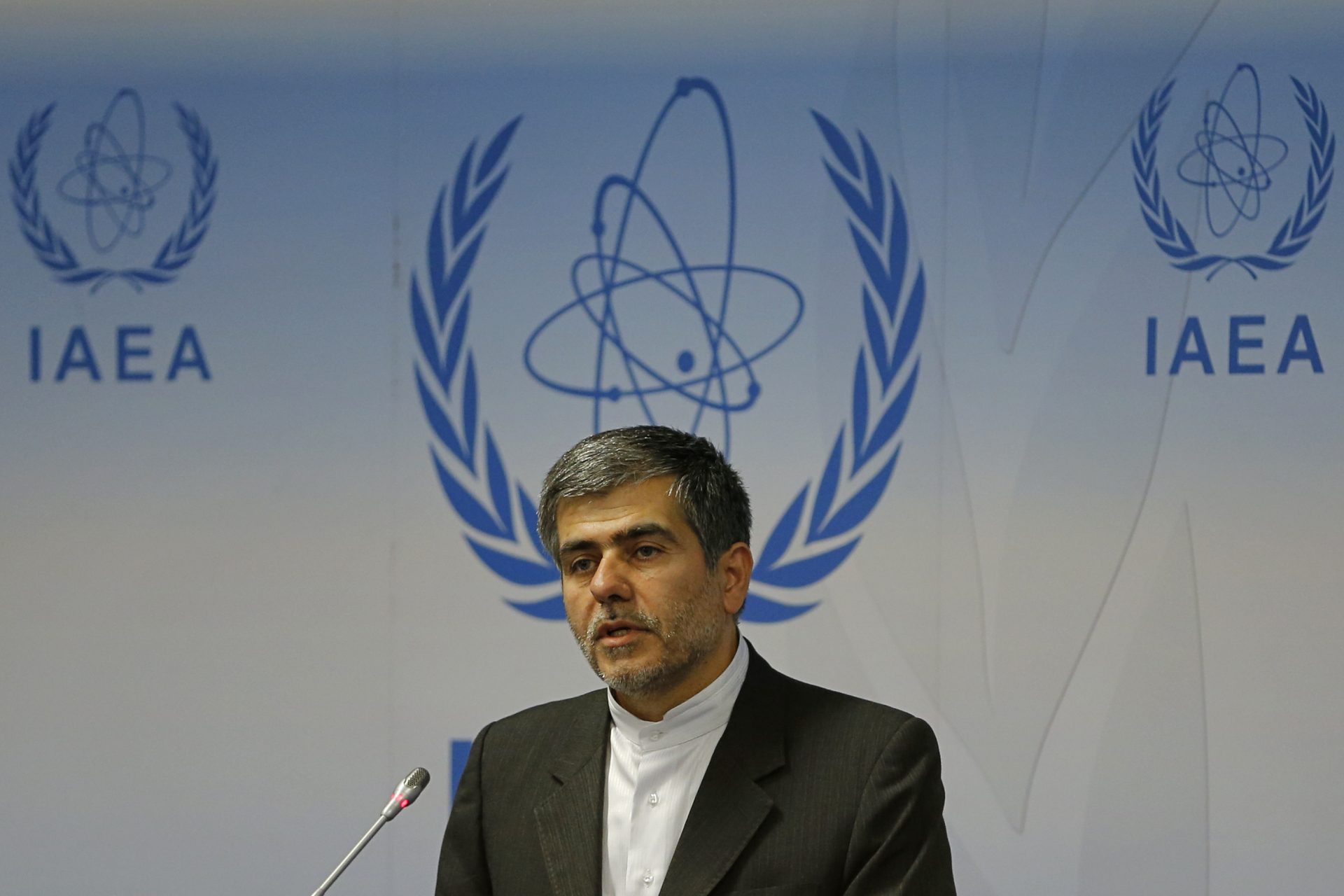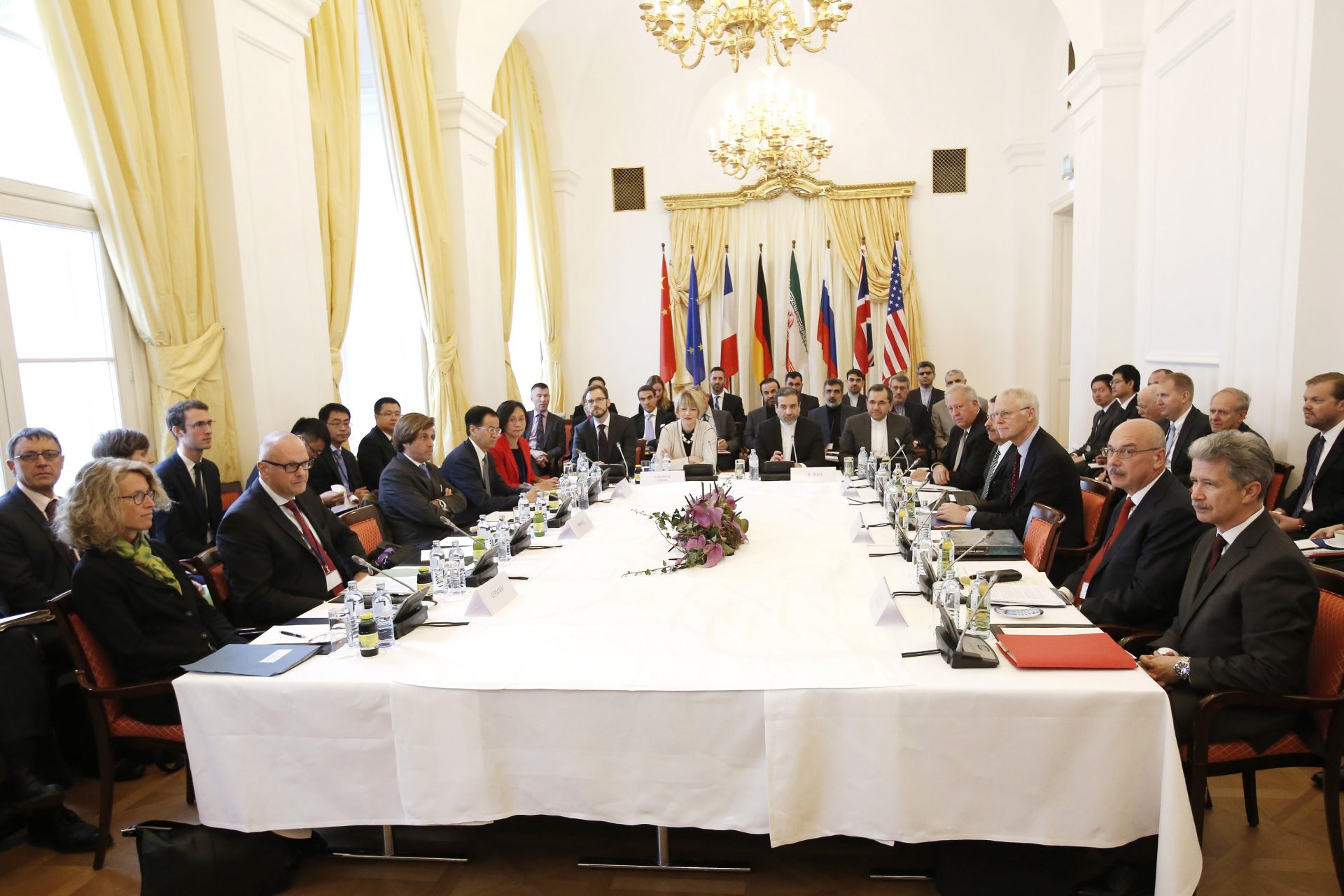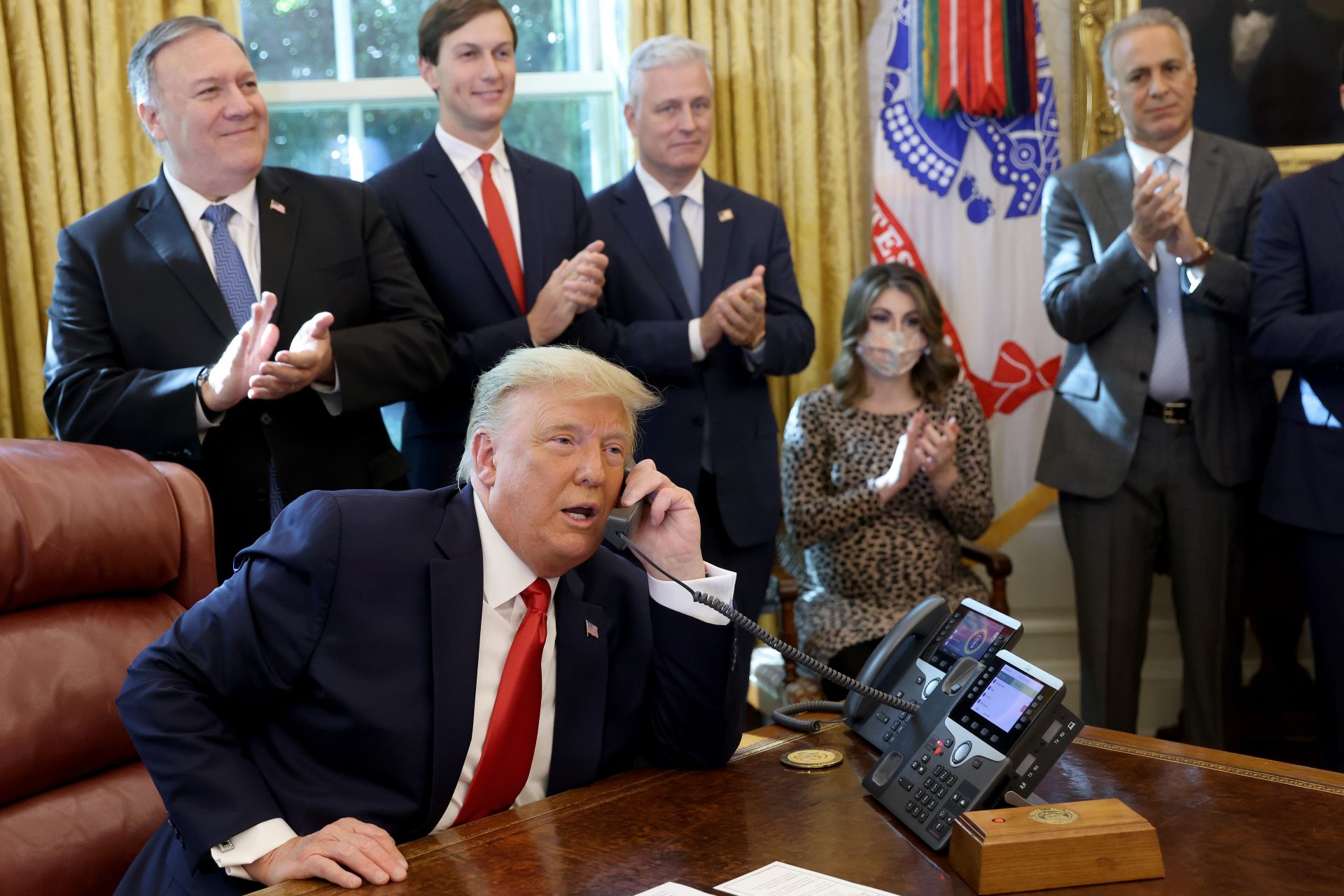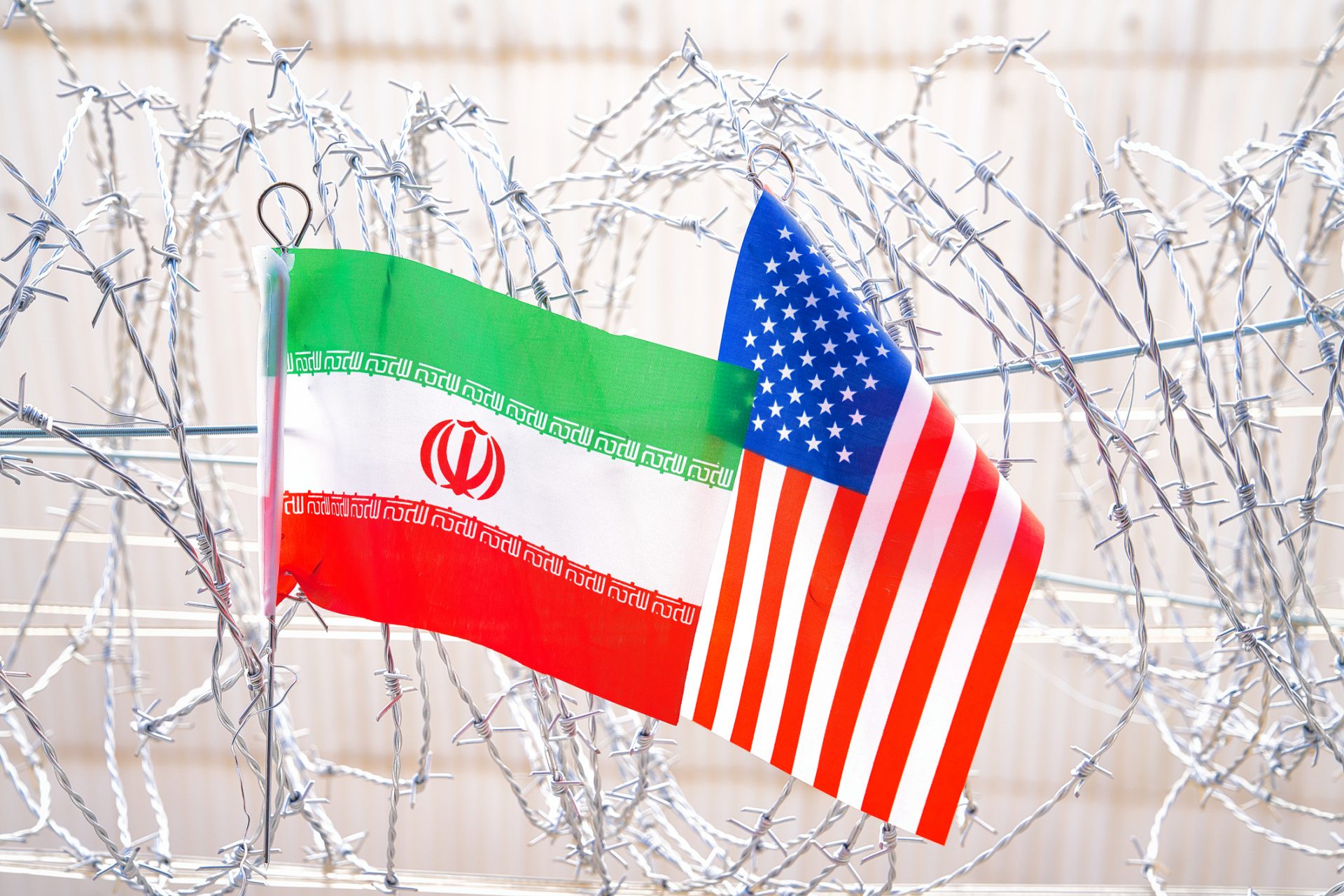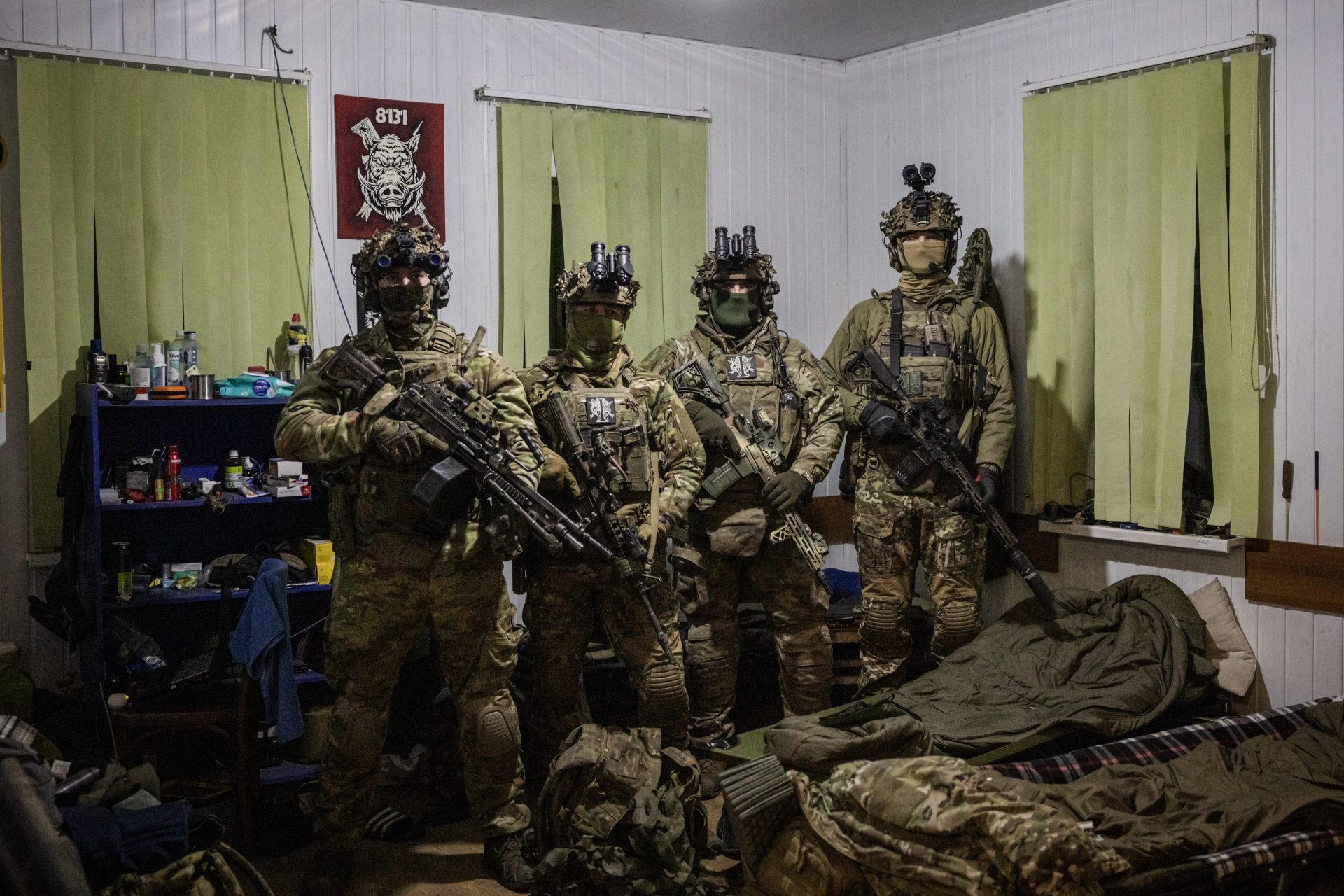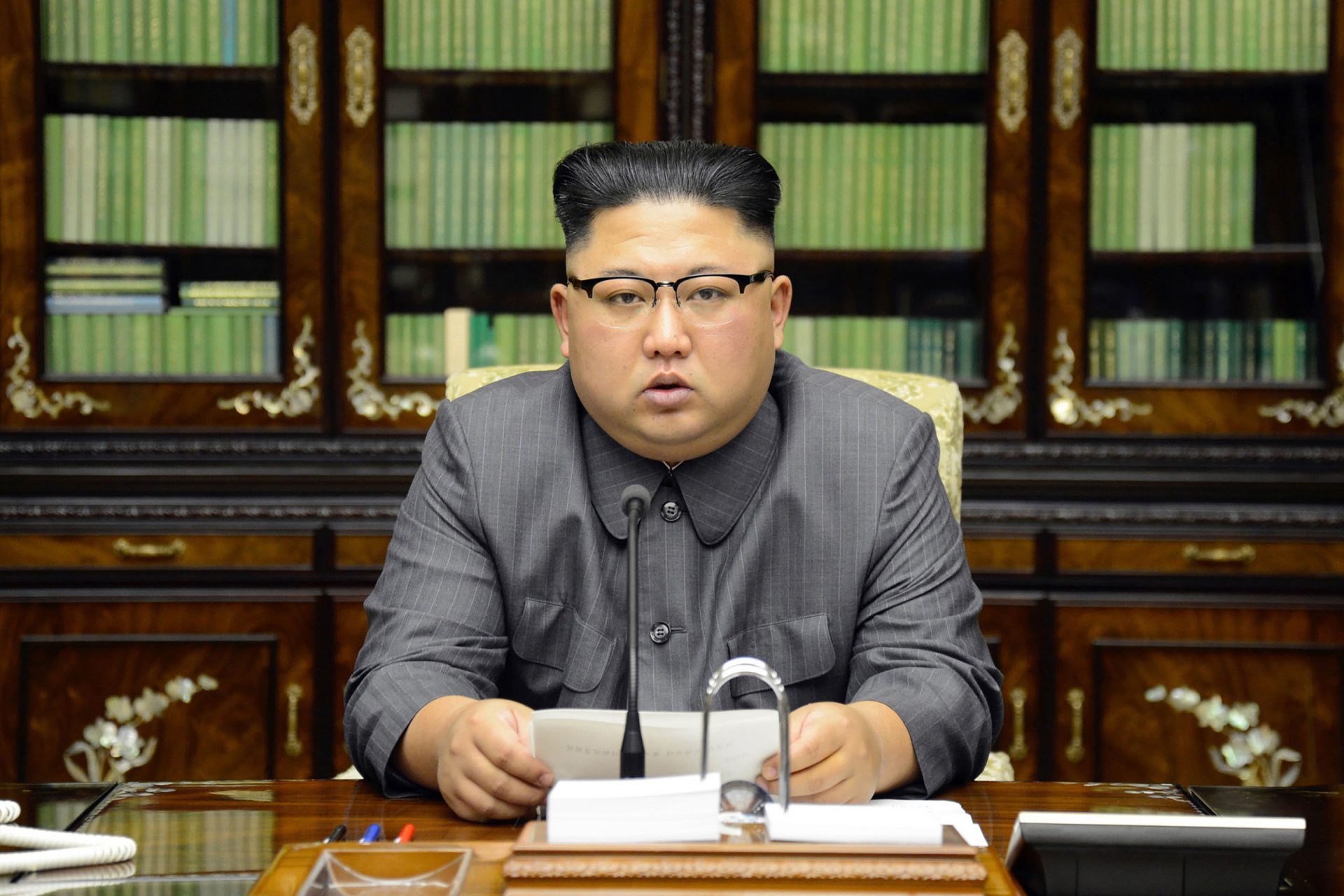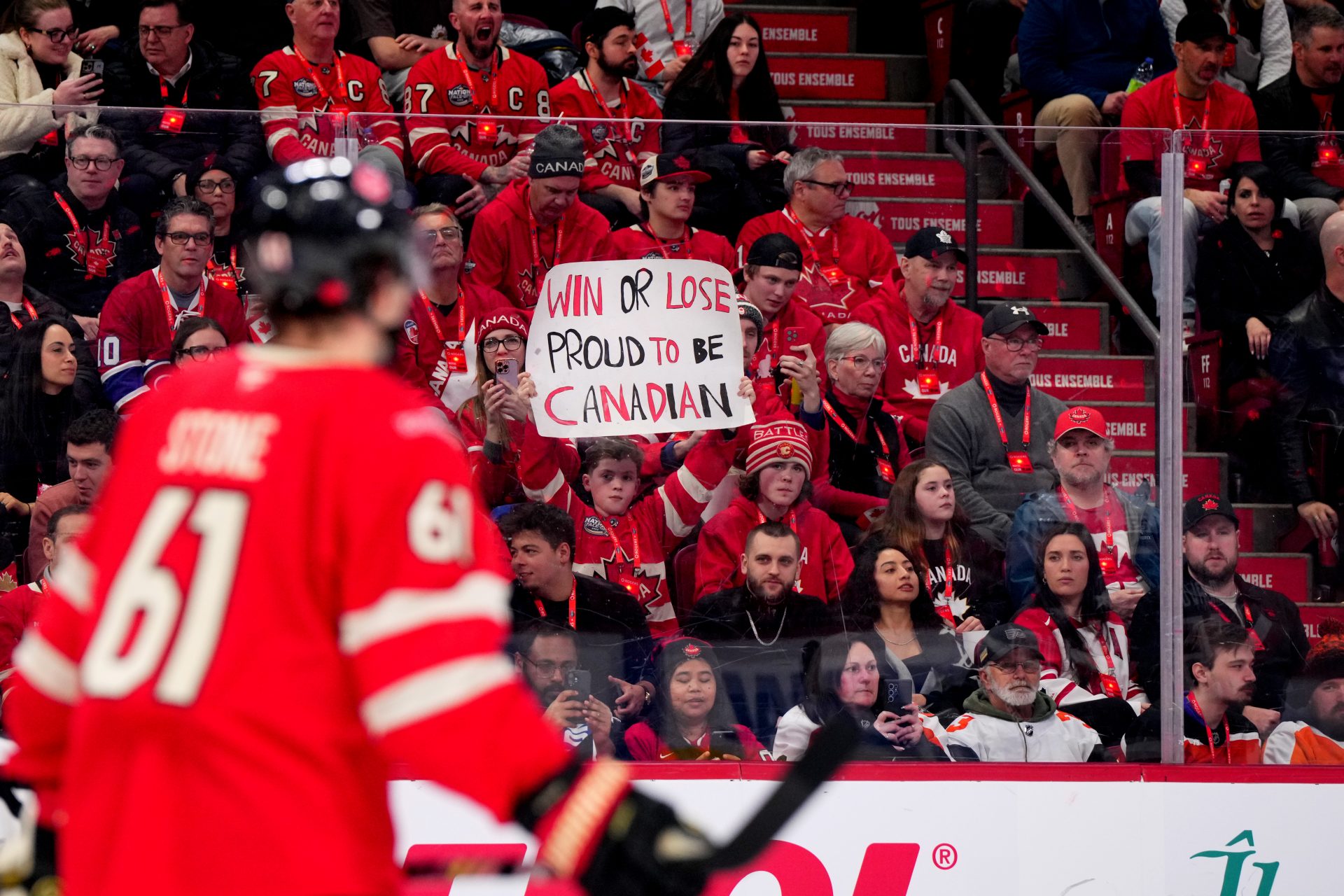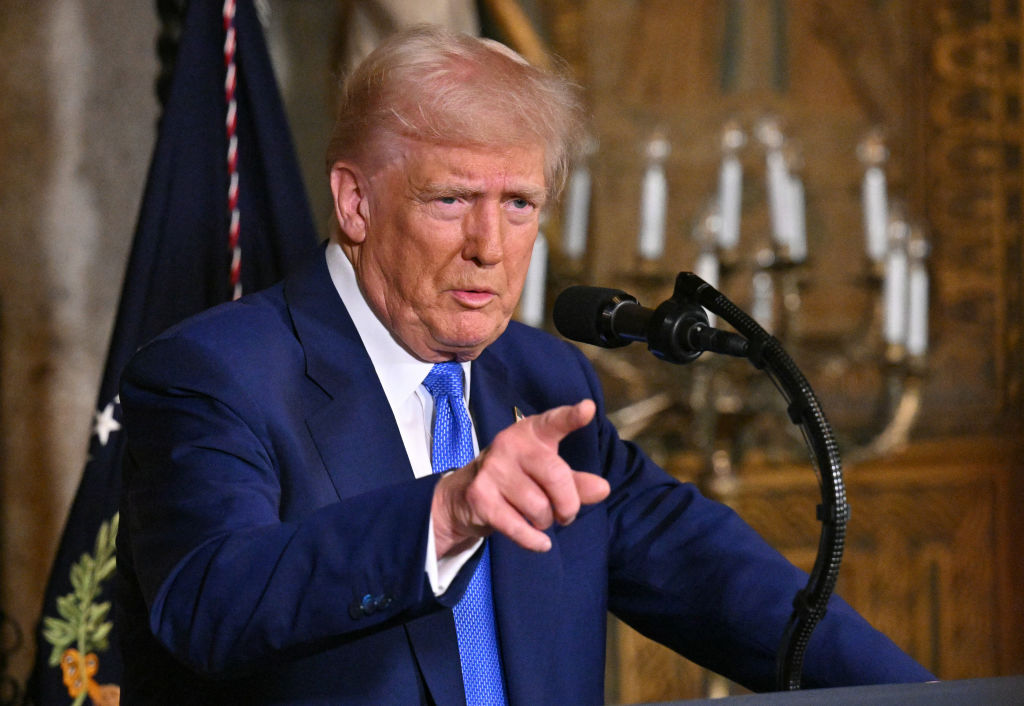What's behind the mysterious deaths surrounding Iran's nuclear program
Iran's nuclear program has been a source of secrecy and speculation for quite some time. However, one mystery stands above the rest, one involving murder.
Iran's chief nuclear scientist, Mohsen Fakhrizadeh, met his demise on November 27, 2020, while commuting between his vacation retreat and Tehran. Conflicting narratives surround the circumstances of his assassination.
Although there have been no formal culprits, the Iranian Foreign Minister Mohammad Javad Zarif suggested that M o s s a d, Is r a e l 's intelligence service, was behind the attacks.
The Iranian government accused I s r a e l of orchestrating the attack, with Defense Minister Hossein Dehghan tweeting “We will strike as thunder at the killers of this oppressed martyr and will make them regret their action”.
The BBC claims that the death of Fakhrizadeh was seen as pretty serious in Iran, and that the assassinated scientist was compared by The New York Times to Robert Oppenheimer.
One thing is for certain, though. The death of the head of Iran’s nuclear program was the latest in a long and mysterious string of assassinated scientists in the country.
Iranian Physics professor Ardeshir Hosseinpour, who was involved in his country’s nuclear program, died under mysterious circumstances in 2007, with conflicting reports pointing the finger to I s r a e l, the United States, or Iran’s Revolutionary Guard.
In January 2010, quantum field theorist Massoud Ali-Mohammadi was killed in Tehran by a remote-control bomb, Iran accused of Washington and T e l A v i v of being behind the assassination.
Although the US State Department denied any involvement, British newspaper The Daily Telegraph claimed that American intelligence sources revealed that I s r a e l was fighting a covert war against Iran.
Part of the covert war was to target and neutralize key members of Iran’s atomic program as an alternative to direct military strikes.
“The goal is delay, delay, delay until you can come up with some other solution or approach”, a former CIA agent who preferred to remain nameless told The Daily Telegraph.
“We certainly don't want the current Iranian government to have those weapons. It's a good policy, short of taking them out militarily, which probably carries unacceptable risks”, added the anonymous US intelligence operative.
In total, at least five Iranian nuclear scientists were targeted for assassination between 2010 and 2012, most of them killed using bombs attached to their vehicles from a motorcycle.
Fereydoon Abbasi, head of Iran’s Atomic Energy Organization between 2011 and 2013, survived his assassination attempt in 2010.
The government of I s r a e l has neither confirmed nor denied any involvement with the assassinations, however, other sources seem to point out T e l A v i v.
Time magazine wrote in 2013 that in a two-year period, according to Western intelligence sources, Iranian intelligence had managed to crack down espionage rings connected with the M o s s a d in at least two occasions.
NBC news reported in 2012 that assassinations had been carried by Iranian dissidents trained by M o s s a d, but without US involvement. Tehran authorities detained and convicted over 12 Iranian nationals allegedly linked to the attacks.
The attack on scientists involved in the Iranian atomic program seems to have stopped around the time Tehran signed the Joint Comprehensive Action Plan (also known as the Iran Deal), promising to curb nuclear facilities in the country.
However, the agreement was rendered null under the Trump Administration, when the US government withdrew from the agreement and approved new sanctions against Iran.
With tensions rising between Tehran, Washington, and Tel Aviv, the fear that a new covert war is in the making has been real for some time.
However, with recent fire being shot between Iran and I s r a e l, the concern of direct military action is also growing.
More for you
Top Stories



